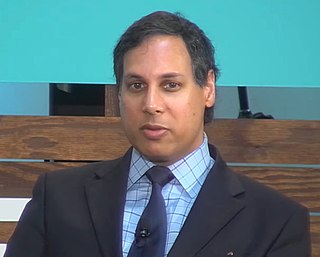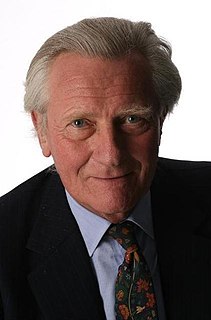A Quote by Dominic Grieve
If you are making policies through speeches that are contradicting some of the policy development your colleagues are embarked on, you are destroying collective responsibility.
Related Quotes
It's far from clear in general that Donald Trump is a guy who really thinks about the details of policy and is going to do the kind of heavy lifting you have to do as president to get those policies through in Congress. I think the hope is that Paul Ryan and his crew will push policies through Congress and Trump will just sign them. That's not really how policy works.
The military has a huge role in the economy [of Pakistan] with big stakes and, as you say, it has constantly intervened to make sure that it keeps its hold on policy making. Well, I hope, and there seem to be some signs, that the military is taking a backseat, not really in the economy, but in some of the policy issues. If that can continue, which perhaps it will, this will be a positive development.
Oil policy, policy toward the United States, policy toward Iran, Bahrain, Yemen, very unlikely, I think, to see significant change. These policies were the policies that had a wide family consensus. The question I think would be if the king becomes sick, whether you have weak Saudi leadership in the Arab world and the Middle East rather than strong Saudi leadership, but I think the fundamental policies will continue, the ones we’re familiar with under King Abdullah.
In political sense, it doesn't really matter what I do on my own, but it's so important to rally some sort of collectiveness and reignite a collective vision, and I think that's something you can do effectively through art and music, and through writing and entertainment - and just through like, pop culture. It's about spreading ideas and making people think differently, essentially.
Policy people suffer their own kind of agony, and no wonder. After all, what is the average life of the policy person? You go into government if you are lucky, do your best, aren't appreciated, take all the blame for policies for which you are only partly responsible, leave, realize your reputation has been damaged, maybe permanently.

































